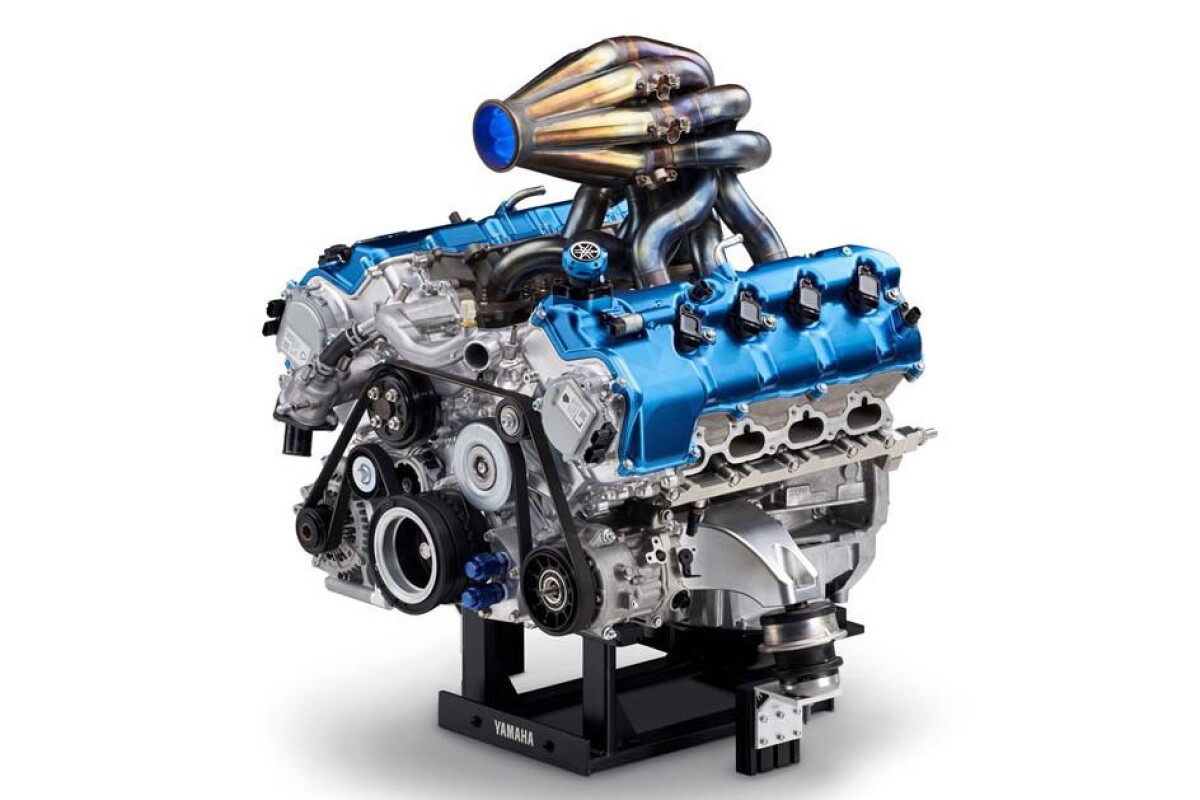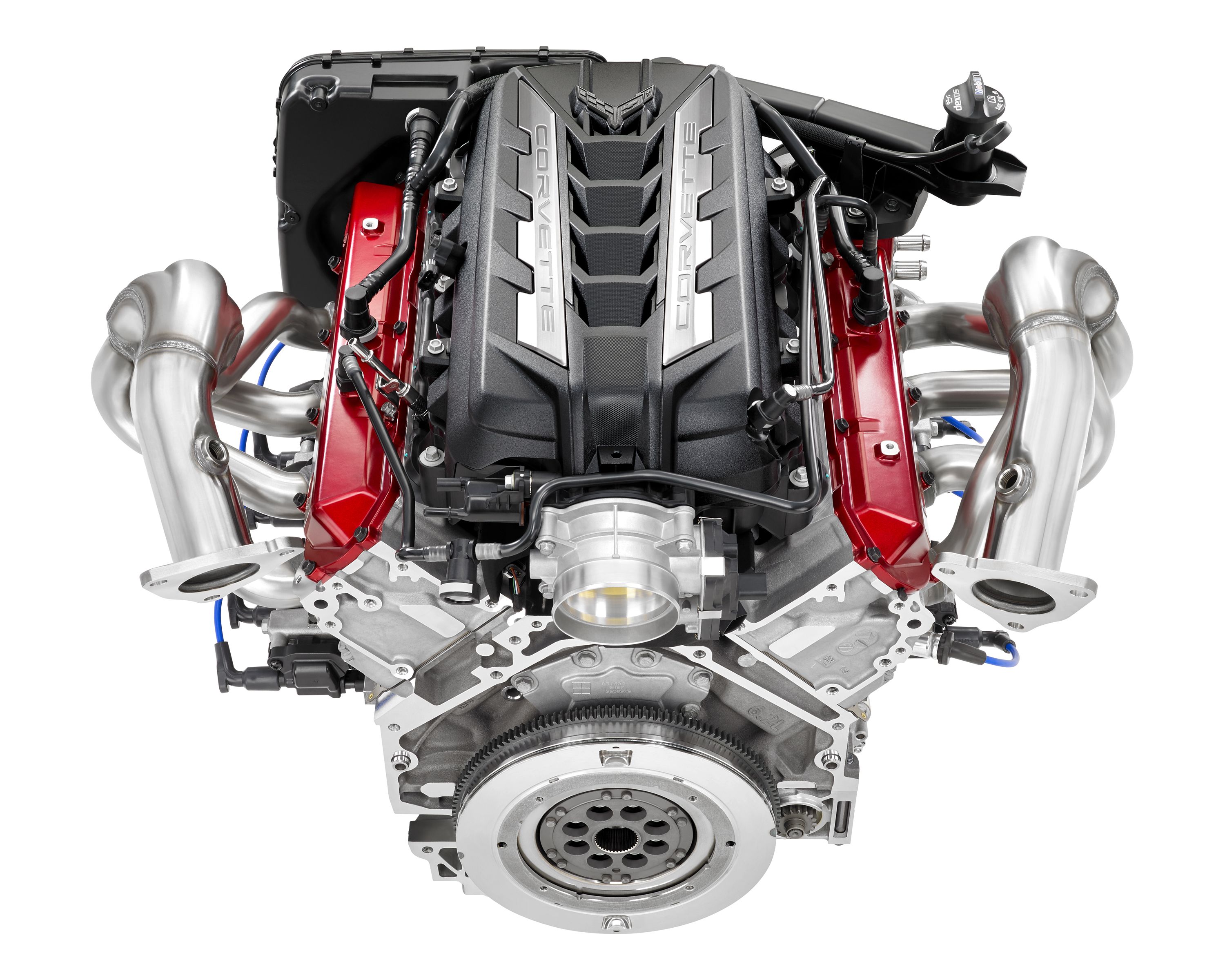Engines For Africa: Your Trusted Partner for Motor Requirements
Engines For Africa: Your Trusted Partner for Motor Requirements
Blog Article
Explore a Wide Range of Engines for Every Car and Function
The auto landscape is increasingly complicated, with a diverse variety of engine kinds developed to meet specific efficiency and efficiency needs throughout different vehicle groups. From the high-performance engines that power sporting activities automobiles to the fuel-efficient options customized for daily travelling, the selections are vast and varied. In addition, heavy-duty engines serve the requirements of work vehicles, while green choices are obtaining traction in the search of sustainable transport. Comprehending these distinctions is crucial for making informed decisions, specifically as emerging innovations remain to form the future of automotive design. What ramifications might these improvements hold for customers and manufacturers alike?
Types of Automotive Engines
Automotive engines can be categorized right into numerous distinct types, each designed to satisfy specific performance and performance needs. One of the most common classifications consist of inner combustion engines, electrical engines, and crossbreed systems.

Electric engines, on the other hand, operate on electric power saved in batteries, supplying instantaneous torque and zero emissions. These engines are ending up being significantly prominent as a result of advancements in battery innovation and the growing focus on sustainability.
Hybrid systems incorporate both inner burning and electric engines, enabling cars to maximize gas performance and reduce emissions by flawlessly switching over between source of power. Each engine kind offers its advantages and disadvantages, influencing aspects such as car style, intended use, and market demand. Recognizing these differences is vital for customers and producers alike when selecting the ideal engine for their certain demands.
Performance Engines for Sports Cars
Efficiency engines for sporting activities cars and trucks are specifically crafted to deliver improved power, speed, and agility, setting them in addition to conventional vehicle engines. These engines usually make use of innovative modern technologies such as turbocharging, supercharging, and variable valve timing to make the most of effectiveness and responsiveness.
Generally, performance engines are developed with higher compression ratios, which allow for greater energy extraction from gas. This leads to impressive horse power and torque figures, enabling quick acceleration and higher top rates. The lightweight products used in these engines, such as aluminum and carbon fiber, contribute to minimized total lorry weight, boosting handling and maneuverability.
Engine setups like V6, V8, and also hybrid systems are usual in efficiency sports cars and trucks, each offering one-of-a-kind advantages in terms of power delivery and driving characteristics. The adjusting of these engines is also essential; lots of suppliers optimize the engine administration systems to offer an electrifying driving experience, usually including sport settings that change throttle action and equipment shifts.
Reliable Engines for Daily Commuters
In the world of daily commuting, reliable engines play a vital role in maximizing gas economic climate and reducing emissions while giving reliable efficiency. As urban populaces expand and ecological concerns magnify, the need for lorries geared up with effective powertrains has actually surged.
Modern engines made for day-to-day travelers typically integrate technologies such as turbocharging, direct fuel shot, and hybrid systems. discover this Turbocharging boosts engine efficiency by compeling even more air into the burning chamber, permitting for smaller, lighter engines that do not endanger power output. Straight fuel shot improves fuel atomization, causing better combustion and increased performance.
Hybrid engines, combining interior burning with electric power, additional increase fuel economy, especially in stop-and-go traffic, where typical engines can deal with inadequacies. Electric motors aid during acceleration and can operate independently at reduced rates, lowering total gas intake.
Furthermore, innovations in engine administration systems and light-weight products add dramatically to efficient engine design. By concentrating on efficiency, resilience, and ecological sustainability, producers remain to deliver engines that not just satisfy the needs of daily commuting but also align with international efforts to reduce carbon footprints.
Heavy-Duty Engines for Job Cars
Durable engines for job vehicles are consistently crafted to deliver remarkable torque and dependability under requiring problems. These engines are designed to execute in atmospheres where typical engines may falter, such as construction sites, logging operations, and farming settings. The key emphasis of durable engines is their capacity to create high levels of power while preserving longevity over prolonged durations of operation.
Typically, heavy-duty engines make use of sophisticated products and robust building techniques to hold up against the roughness of hefty more information workloads. Functions such as reinforced cylinder blocks, enhanced cooling systems, and advanced fuel injection innovations add to their performance. These engines frequently run at reduced RPMs, which aids to optimize gas efficiency while giving the necessary power for hauling and lugging.
In enhancement to mechanical toughness, heavy-duty engines are often outfitted with innovative electronic control units (ECUs) that take care of performance, discharges, and diagnostics. This integration allows for far better surveillance and upkeep, ensuring that job lorries stay functional and effective.
Inevitably, heavy-duty engines are an essential part in the efficiency of various sectors, supplying the necessary power and dependability to take on the most difficult of jobs.
Eco-Friendly Engine Options
The growing emphasis on sustainability has led to the advancement of environmentally friendly engine choices that prioritize decreased exhausts and boosted fuel performance. These engines are developed to reduce the environmental effect of lorries while still supplying the performance and reliability expected by consumers.
Among the most significant green options are electrical and hybrid engines. Crossbreed engines integrate standard interior combustion engines with electrical propulsion, enabling reduced gas consumption and reduced greenhouse gas discharges. Electric engines, on the various other hand, operate completely on battery power, creating no tailpipe emissions and adding to cleaner air high quality.
One more appealing growth is the improvement of biofuel engines, which make use of renewable energies, such as plant products, to power automobiles (Engines For Africa). By utilizing biofuels, these engines can minimize dependency on fossil fuels and reduced overall carbon impacts

As the automotive sector develops, eco-friendly engine alternatives will play an important role in driving the shift towards even more sustainable transportation remedies.
Verdict
From high-performance engines that enhance sports vehicle capabilities their explanation to efficient designs focusing on gas economy for daily travelers, each kind serves a details function. Sturdy engines provide to durable work lorries, while environmentally friendly options, such as electric and biofuel engines, promote lasting transport.

Report this page